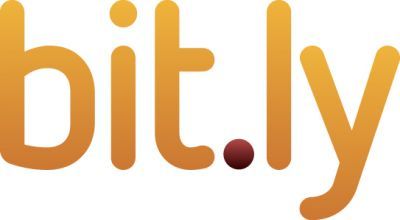Things get sh.rt on the web with a new URL shortening trend

Your support helps us to tell the story
From reproductive rights to climate change to Big Tech, The Independent is on the ground when the story is developing. Whether it's investigating the financials of Elon Musk's pro-Trump PAC or producing our latest documentary, 'The A Word', which shines a light on the American women fighting for reproductive rights, we know how important it is to parse out the facts from the messaging.
At such a critical moment in US history, we need reporters on the ground. Your donation allows us to keep sending journalists to speak to both sides of the story.
The Independent is trusted by Americans across the entire political spectrum. And unlike many other quality news outlets, we choose not to lock Americans out of our reporting and analysis with paywalls. We believe quality journalism should be available to everyone, paid for by those who can afford it.
Your support makes all the difference.Google and Facebook have increased competition in the URL shortening game. The two internet-based companies have released their own URL shorteners leaving consumers wondering what will happen to smaller companies such as Bit.ly and Tinyurl.com - companies that have been thriving off the growing need for shorter URLs.
The rise of Twitter instigated a need for URL shortening services (services that reduce the amount of characters needed to point a link clicker to a specific website) as consumers wanted a way to link to interesting websites that didn't exceed Twitter's 140 character limits.
Mobile phone internet browsing has also contributed to the rise of URL shortening services, with on-the-go internet surfers wanting to limit the number of characters they type on their tiny smartphone keyboards.
Google's December 14 launch of the goo.gl domain coincided with the unveiling of bit.ly's Pro service and the news that Facebook was testing its own URL shortener, fb.me.
Google launched updated versions of Google Toolbar and FeedBurner to include their service, dubbed Google URL Shortener.
"Google URL Shortener at goo.gl is a service that takes long URLs and squeezes them into fewer characters to make a link that is easier to share, tweet, or email to friends," writes Google on their goo.gl homepage.
Over at Facebook, mobile users have noticed some Facebook URLs have recently begun to get the shortening treatment with fb.me appearing in the place of the longer m.facebook.com domain name. The fb.me domain name can also be used to link to Facebook pages, for example you can type in "fb.me/coke" in place of http://www.facebook.com/cocacola to get directed to Coca-Cola's Facebook page.
Technology blogs are alive with the news, debating what a further roll out of Google's and Facebook's service will mean for the much smaller companies founded to fill the need for URL shortening services.
Bit.ly, currently the largest URL shortener, reacted to the news with the launch of its own (currently in beta) Pro service on December 14. The Pro service will offer medium-sized internet publishers and bloggers custom URLs. Bit.ly Pro will provide additional tracking to these customers, providing them with information about real-time traffic heading to their shortened domain names.
Join our commenting forum
Join thought-provoking conversations, follow other Independent readers and see their replies
Comments